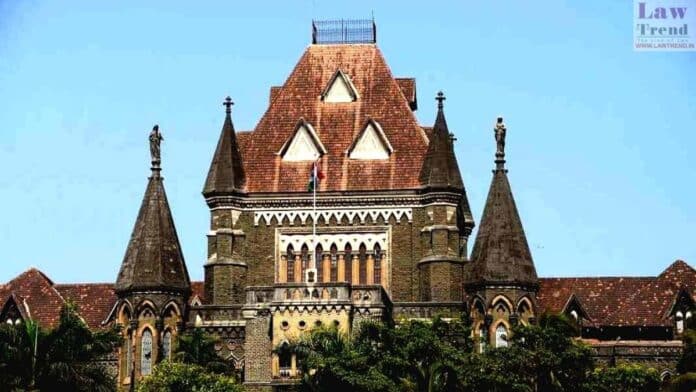In a landmark decision, the Supreme Court of India has set aside a 2022 Bombay High Court ruling that had directed the Brihanmumbai Municipal Corporation (BMC) to transfer title of a significant parcel of land in Worli, Mumbai, to Century Textiles and Industries Ltd, now operating as Aditya Birla Real Estate Limited. The Supreme Court’s judgment reaffirms the civic body’s stance that it was not obligated to transfer the land following the expiry of a lease.
The bench, comprising Justices Vikram Nath and Prasanna B Varale, ruled in favor of BMC and dismissed the plea from Century Textiles, stating that the company’s efforts to convert the historically welfare-oriented property into a commercial asset were in direct violation of the intended use of the land.
Originally leased to Century Textiles in 1918 under the provisions of the City of Bombay Improvement Act, 1898, the 23,000 square yard plot was part of a scheme aimed at providing accommodation for the poorer classes. The company was obligated to build housing for workers, which it did by constructing 476 dwellings and 10 shops by 1925. Despite the lease expiring in 1955, Century Textiles only sought to claim the land in 2006, which led to a legal battle culminating in the High Court’s 2022 directive to BMC.
Justice Vikram Nath, authoring the 81-page judgment, addressed whether BMC was legally bound to convey the land post-lease and the appropriateness of a petition filed after such a prolonged delay. The court highlighted that the petition suffered from “serious delay and laches,” dismissing it on these grounds alone.
The Supreme Court criticized Century Textiles for not maintaining the spirit of the original lease and statutory provisions aimed at improving urban living conditions for economically weaker sections. The court noted, “Allowing respondent number 1 to disregard these obligations would undermine the trust and faith necessary between public authorities, private actors, and the vulnerable segments of the population.”
The judgment emphasizes the broader societal goals under the 1925 Act, including better sanitation, improved living standards, and well-planned urban growth, which are intended to benefit marginalized communities.




